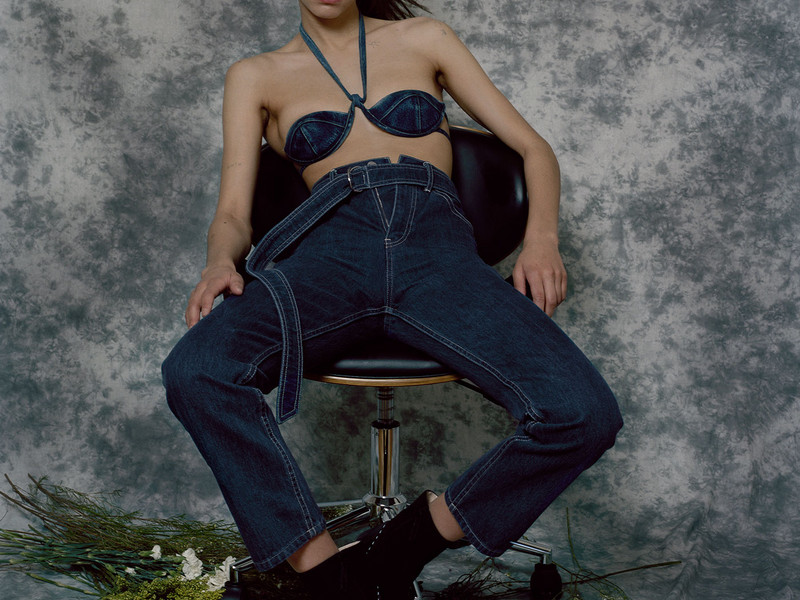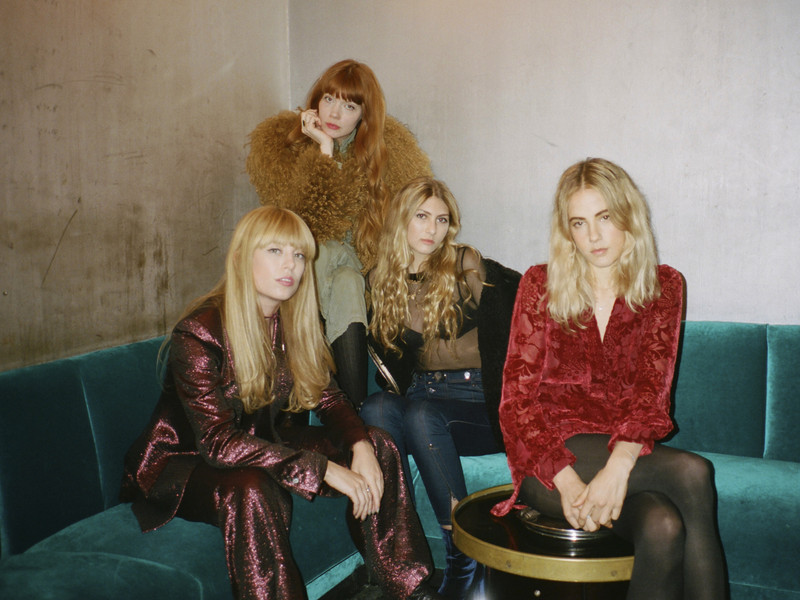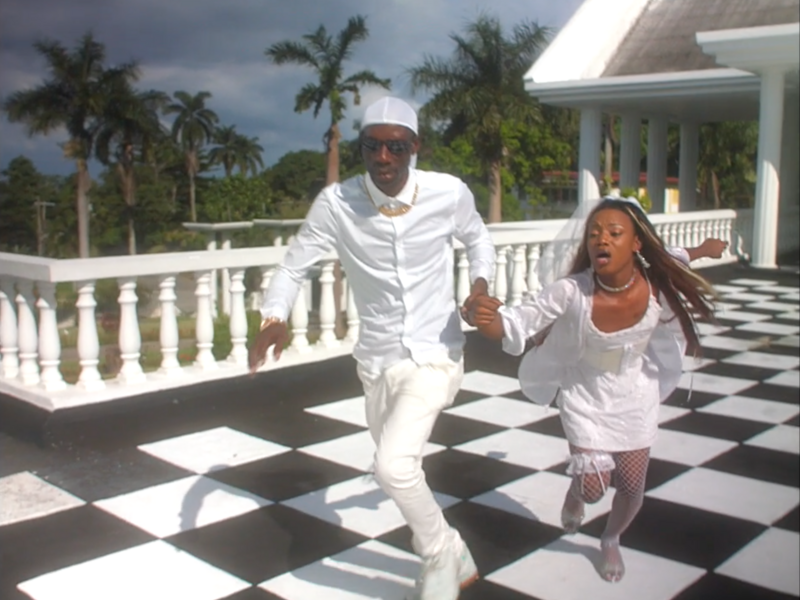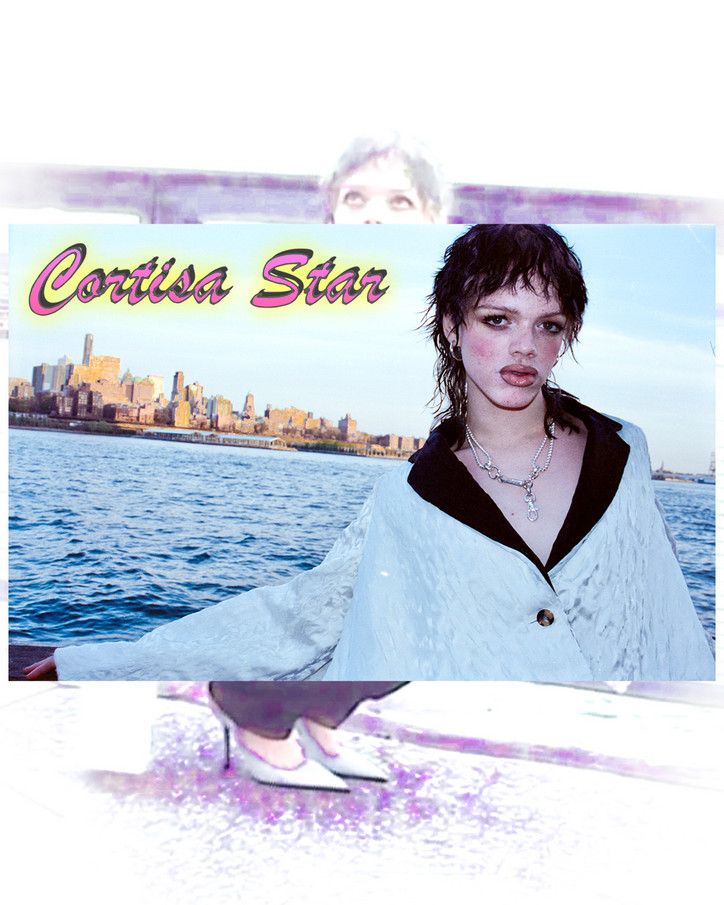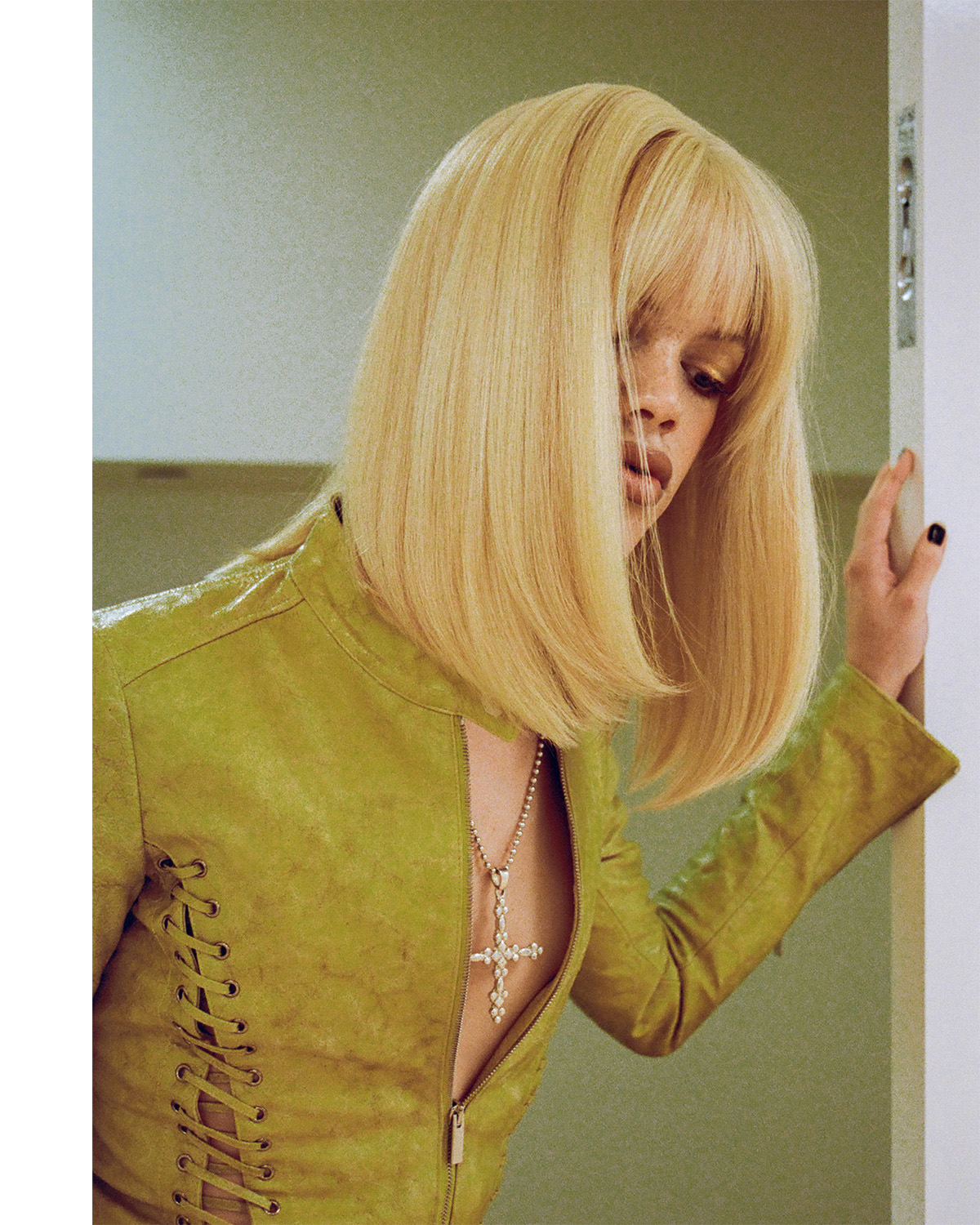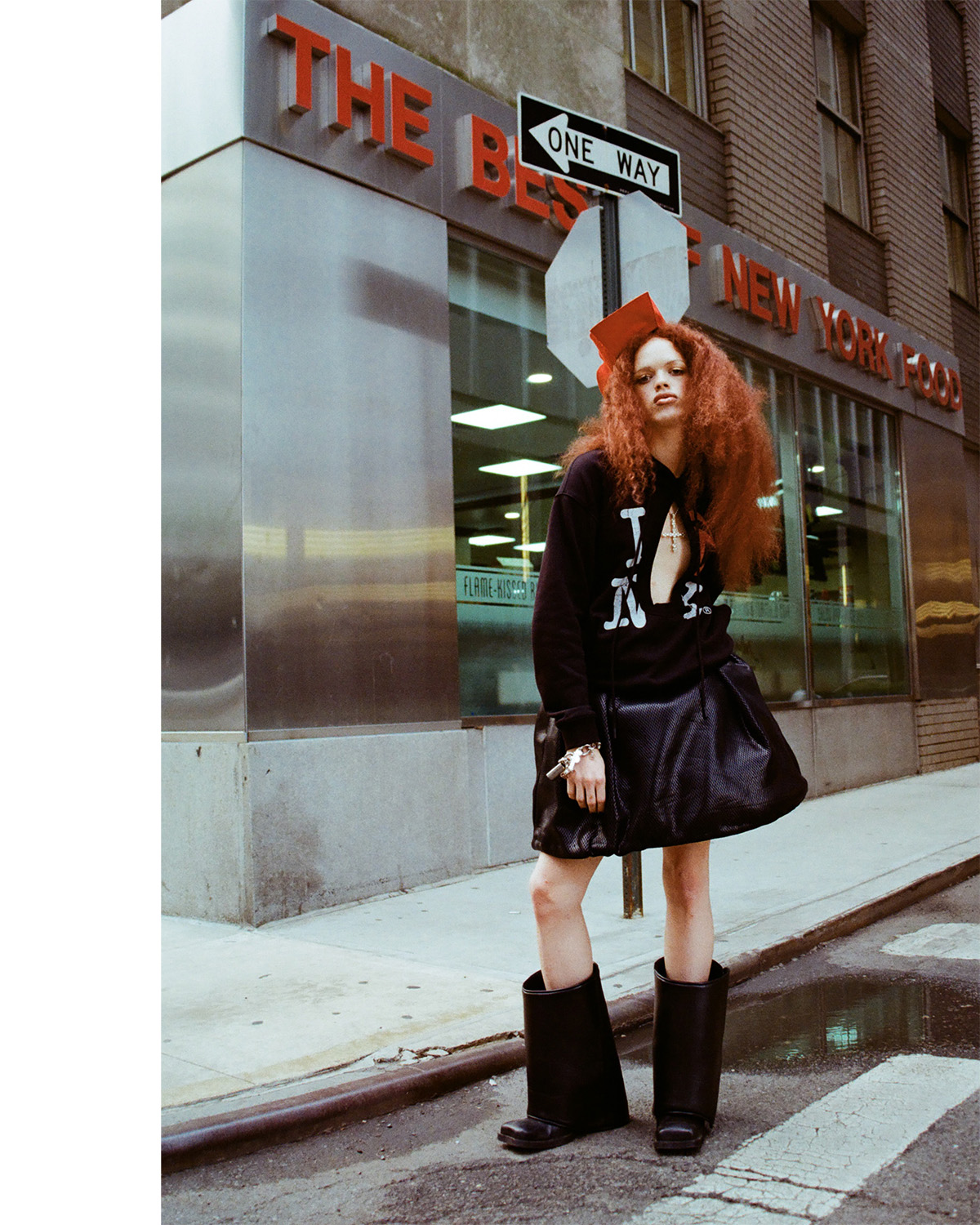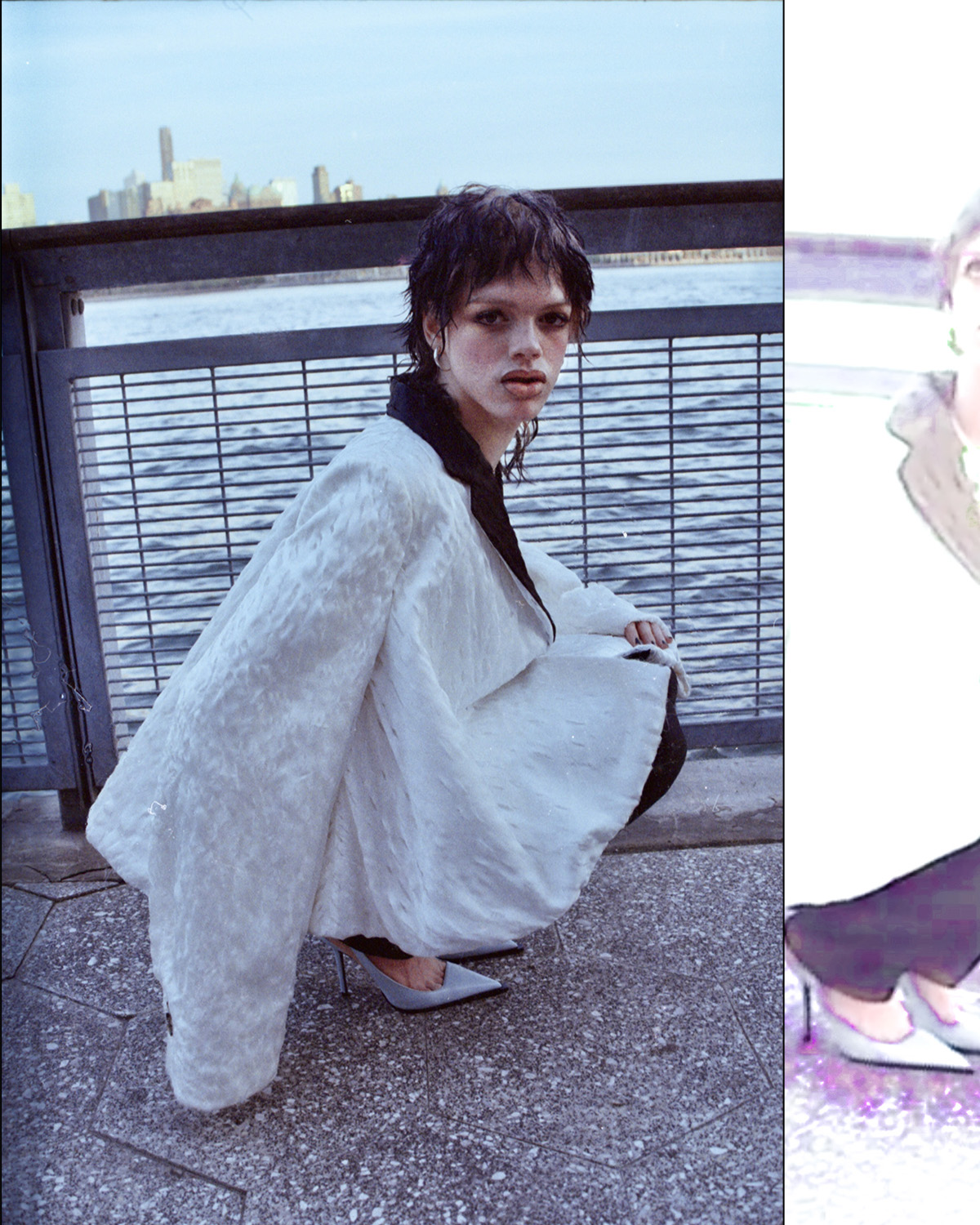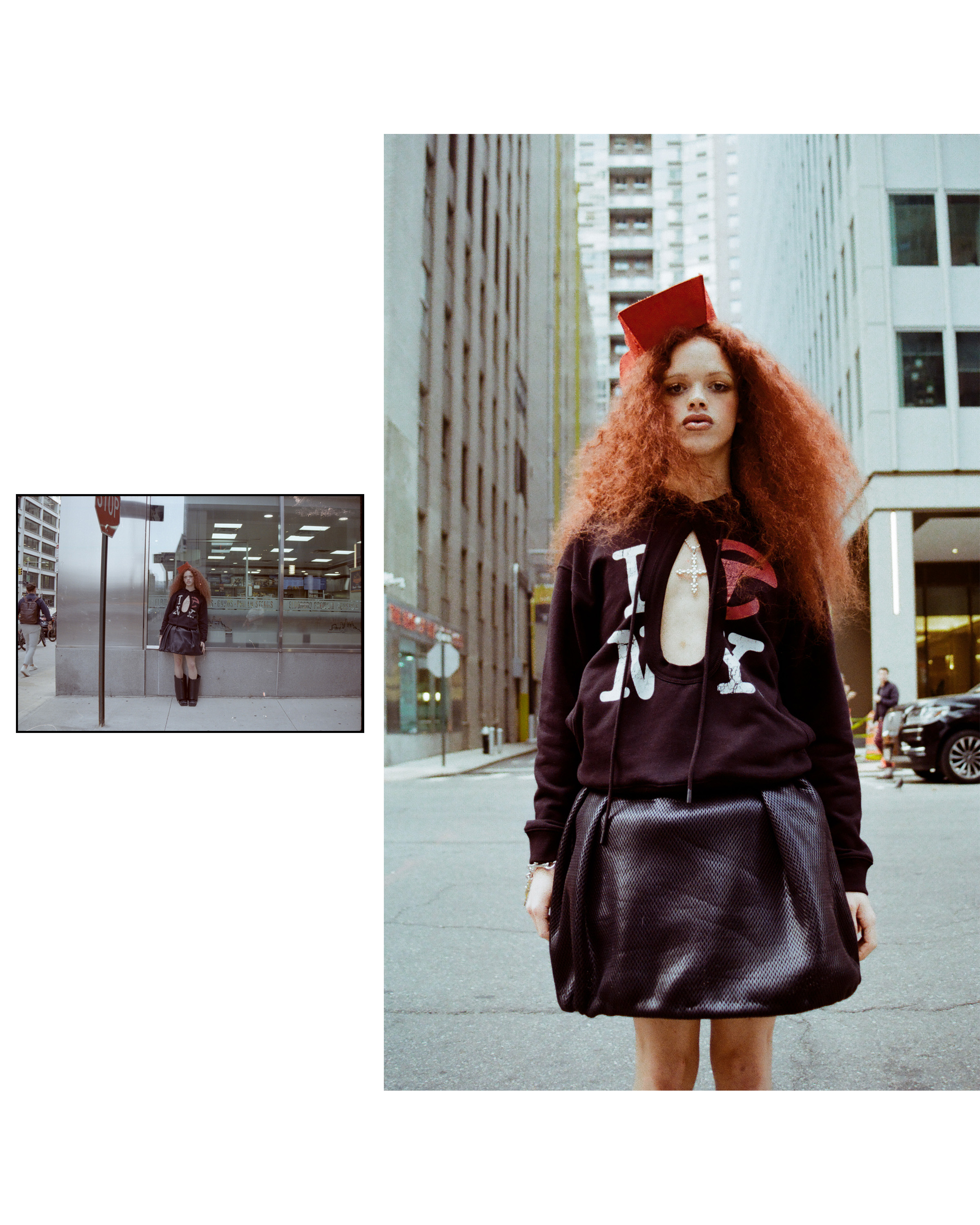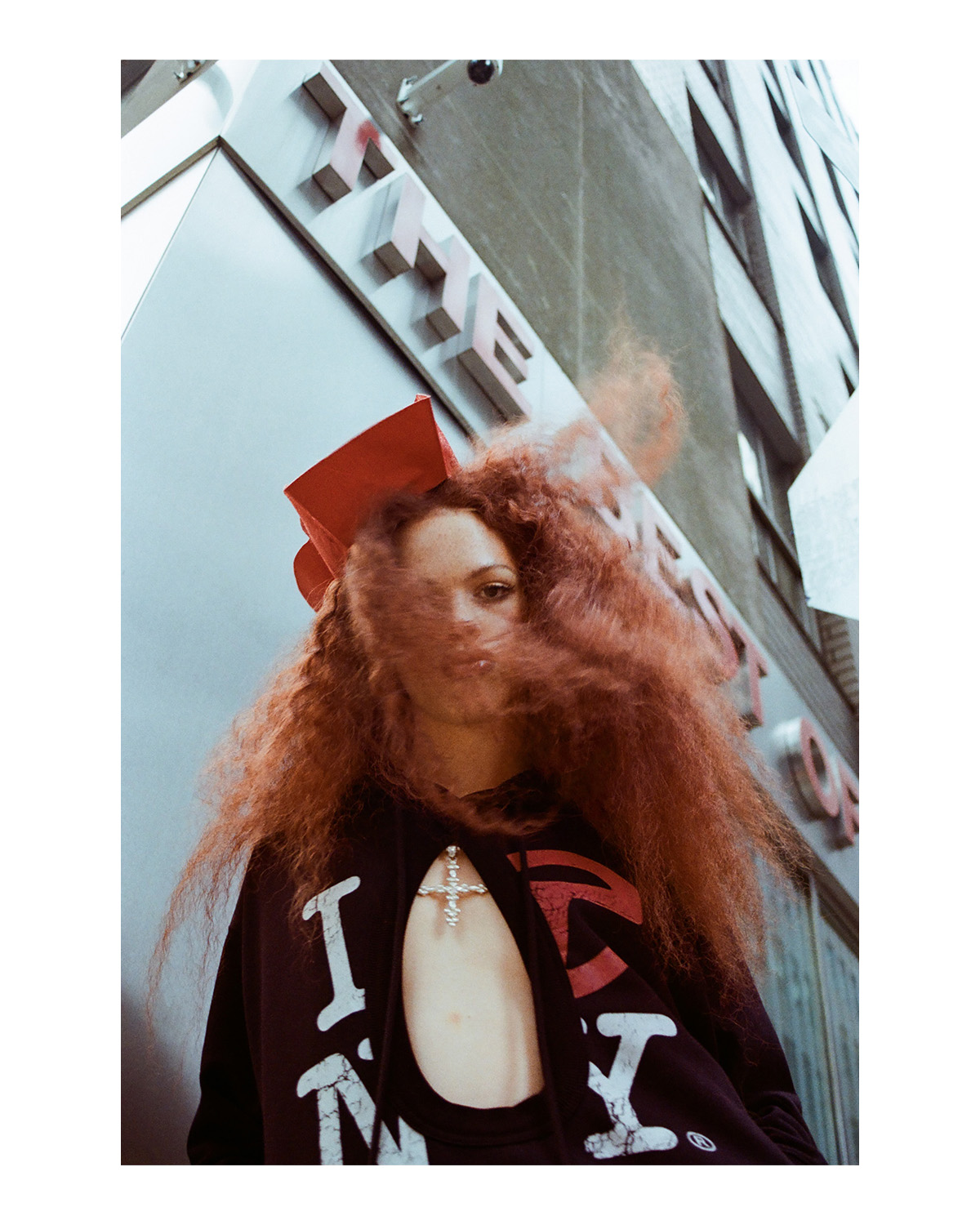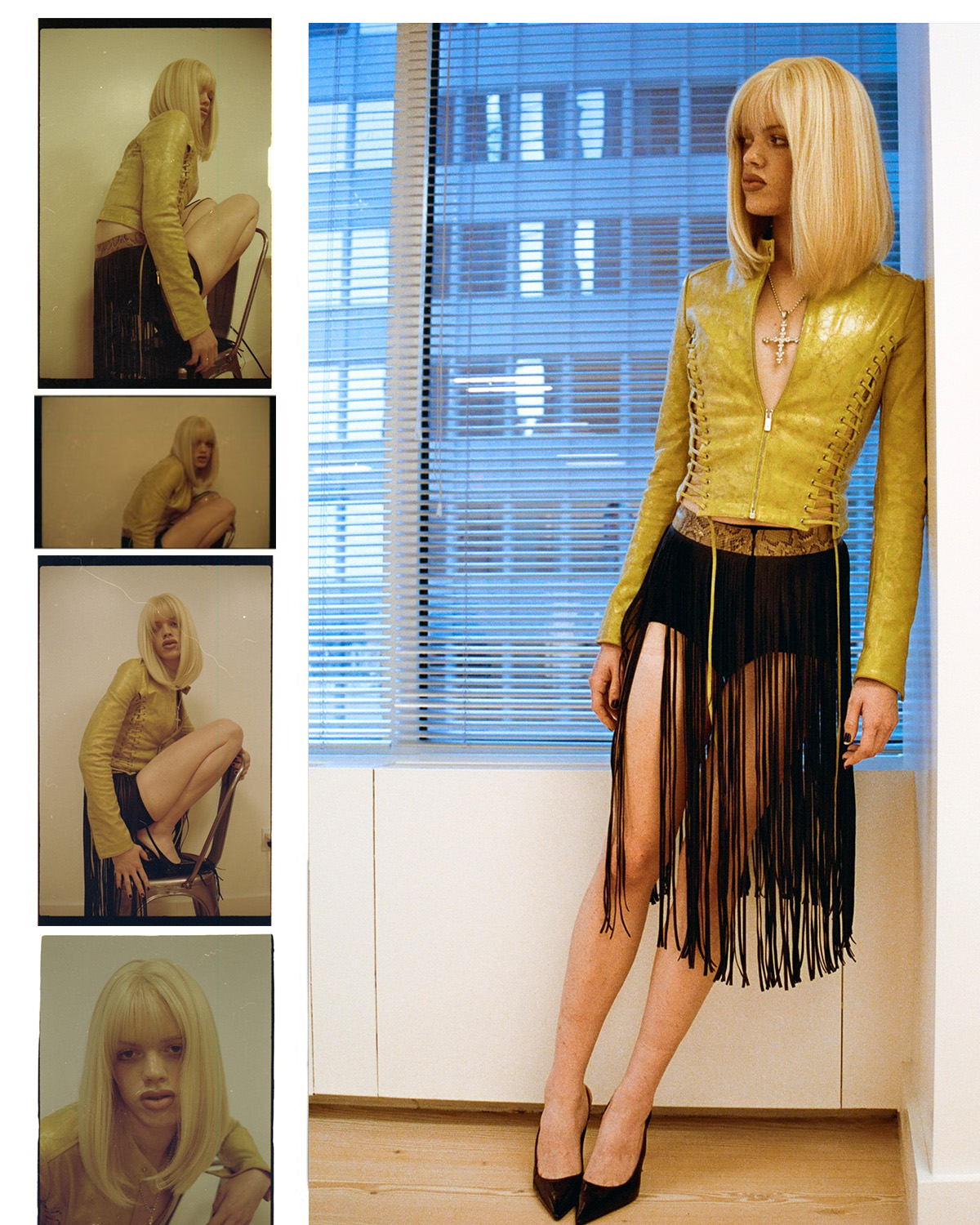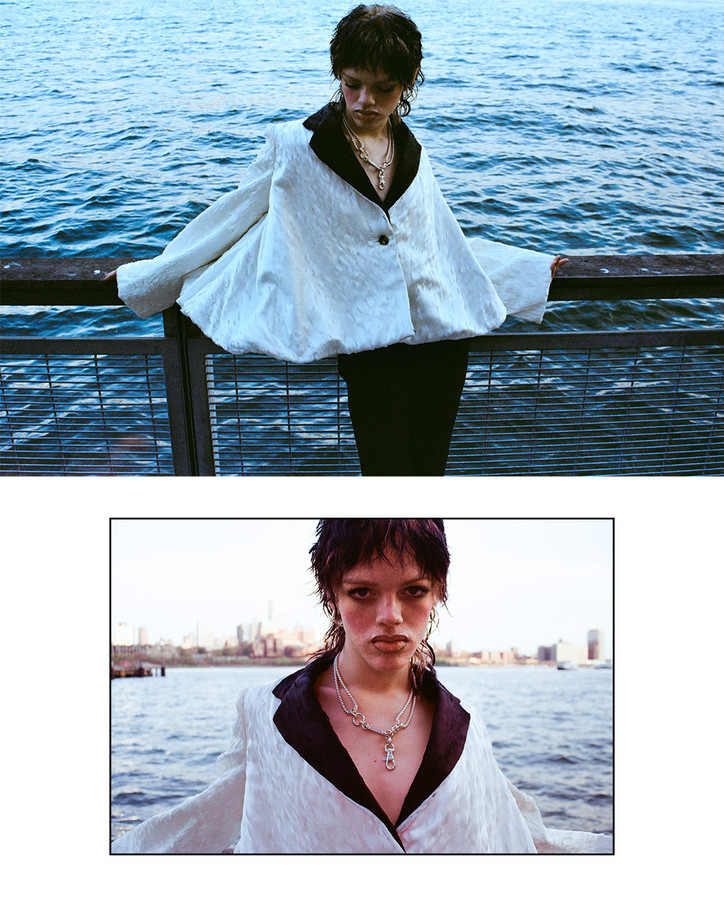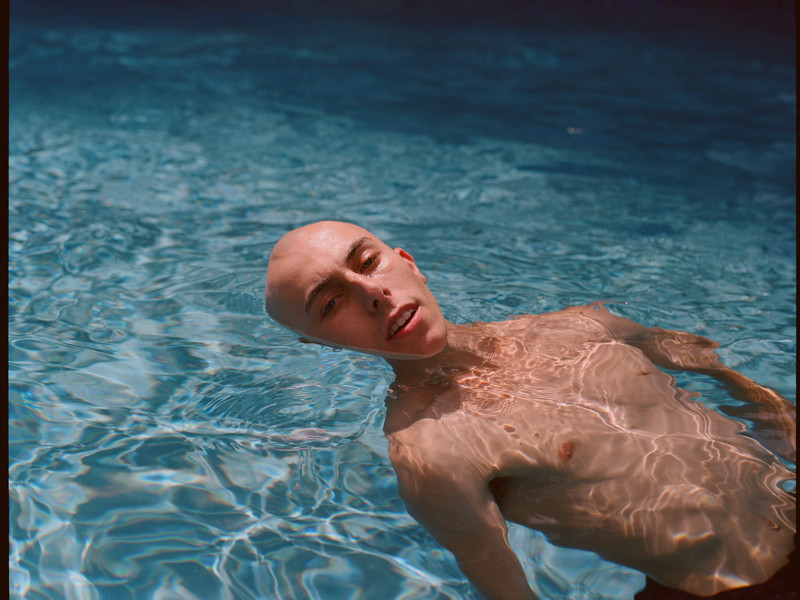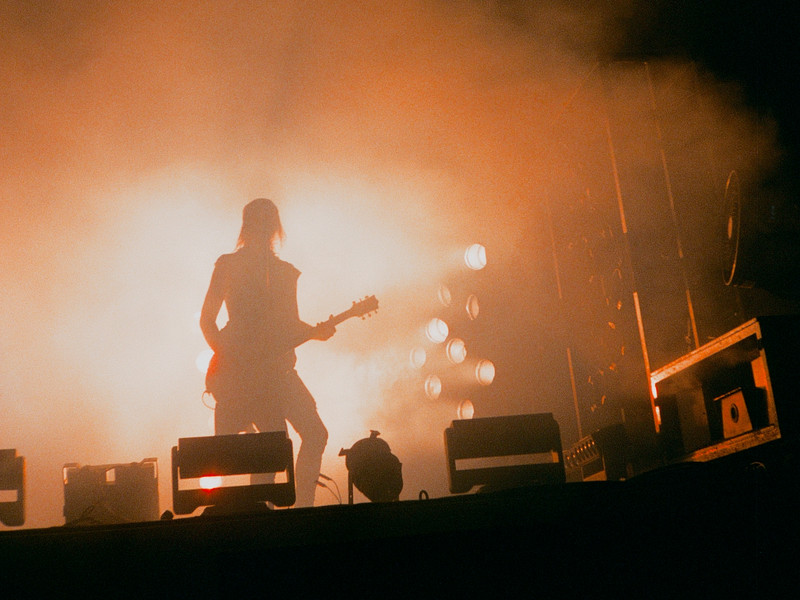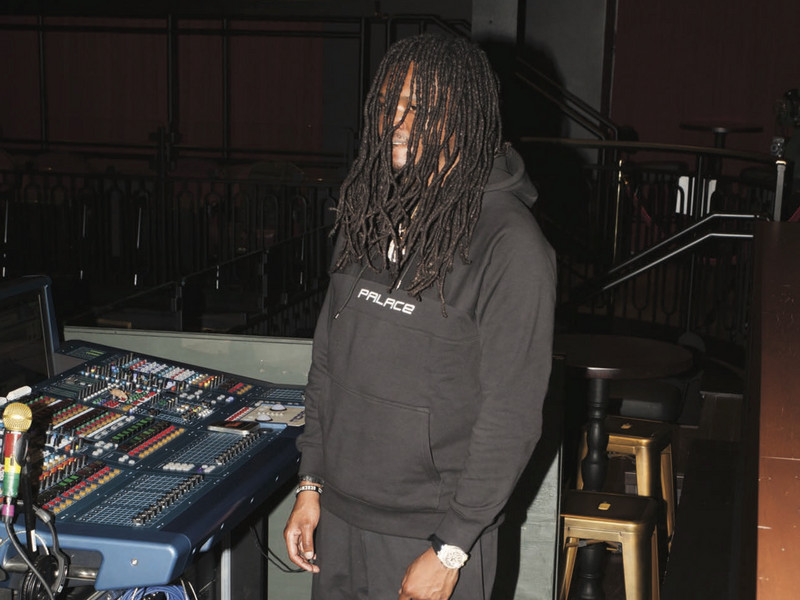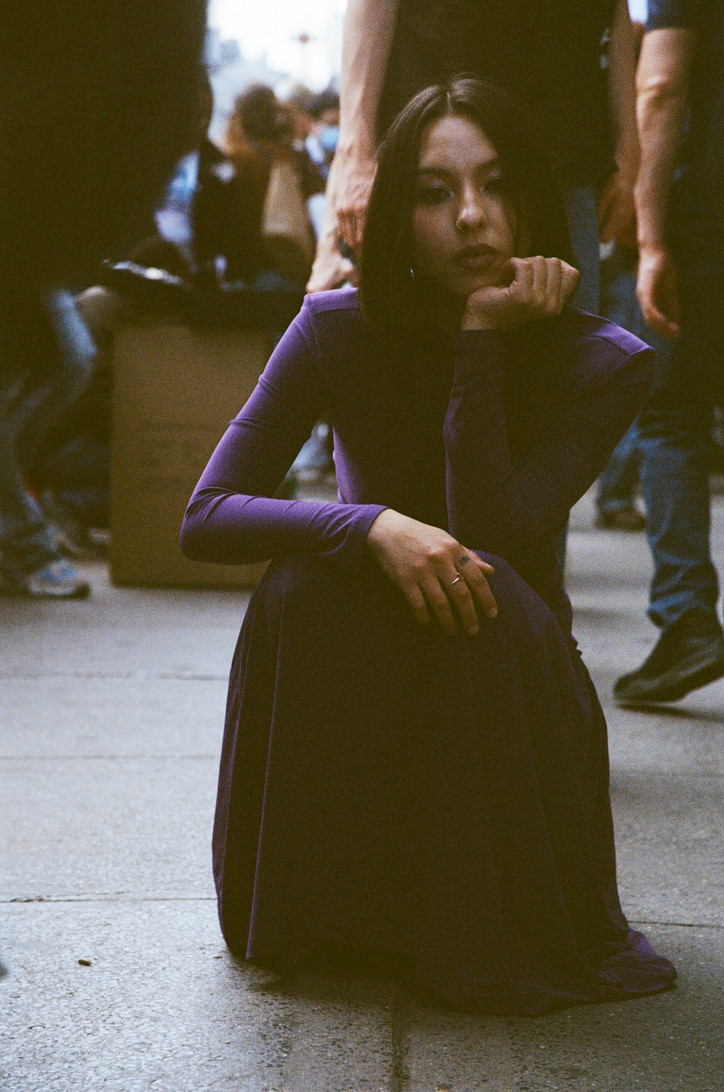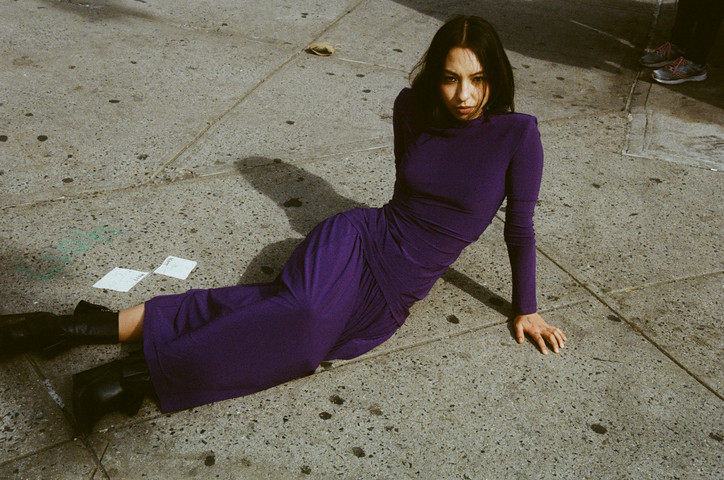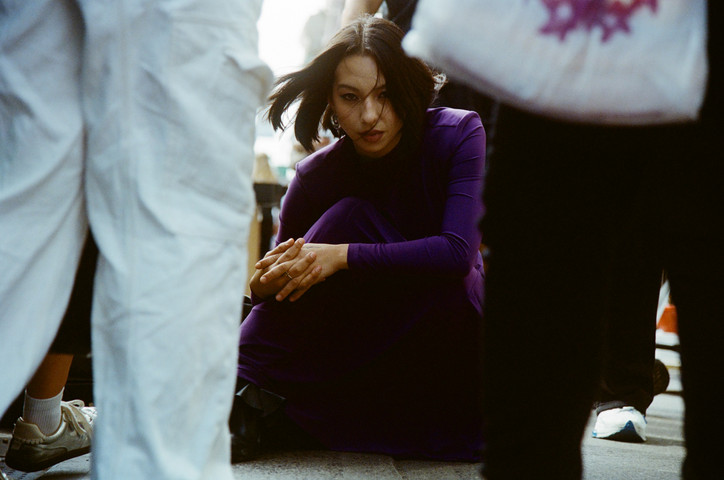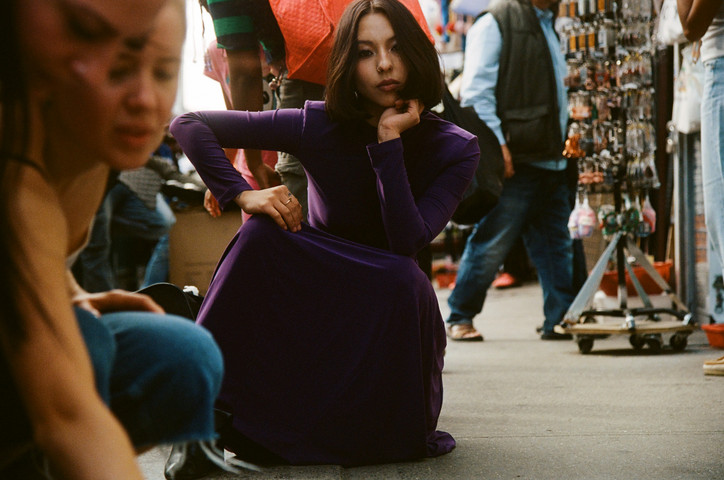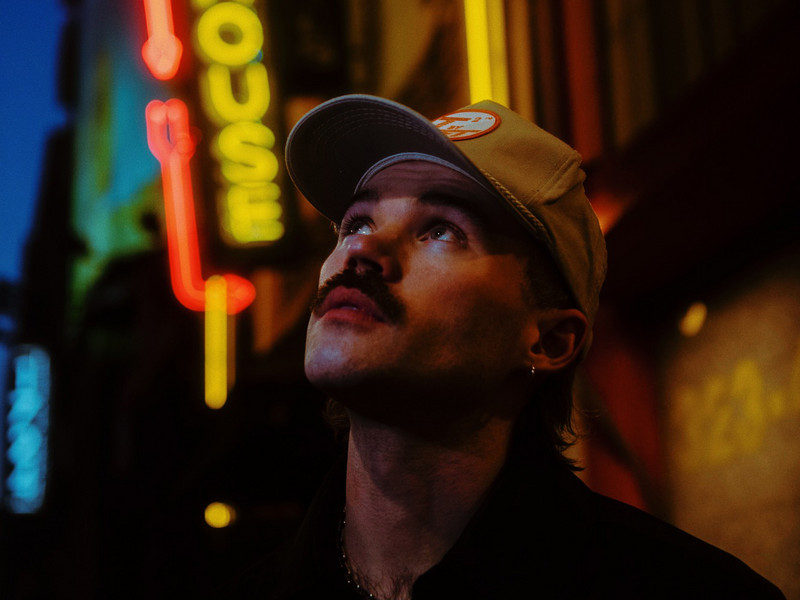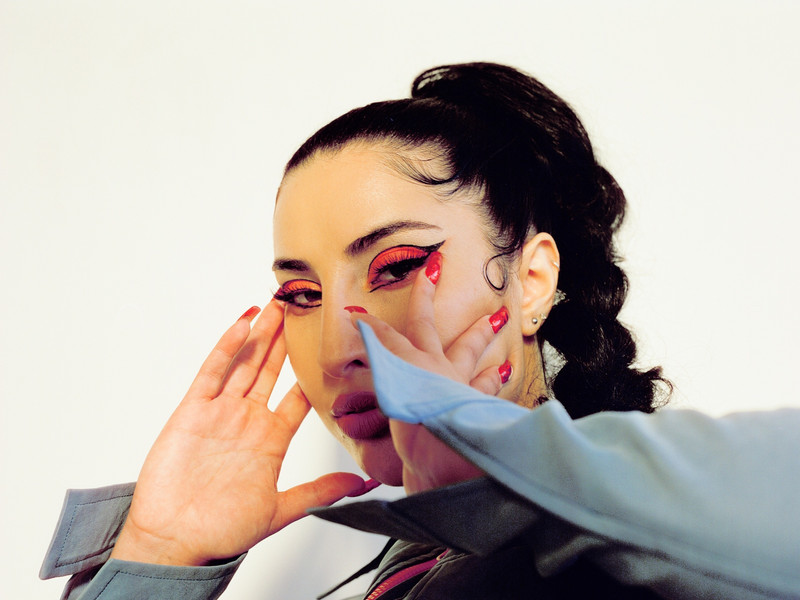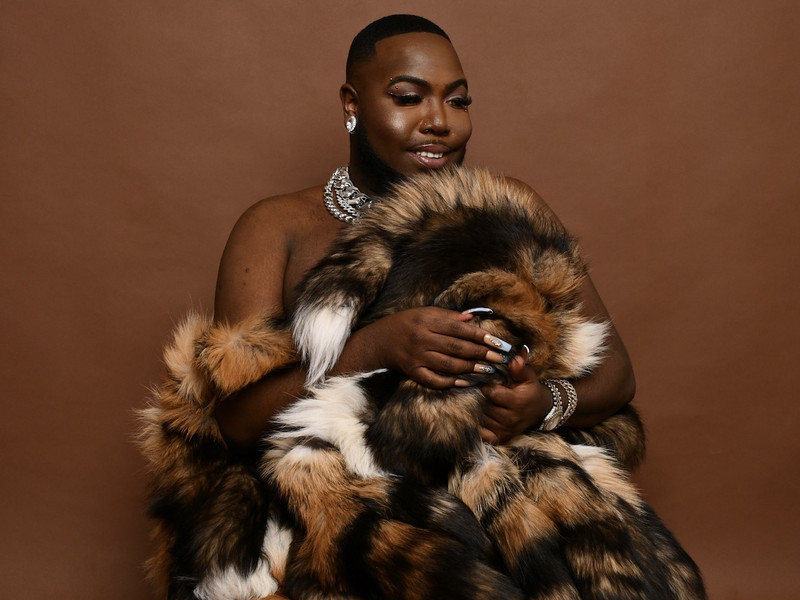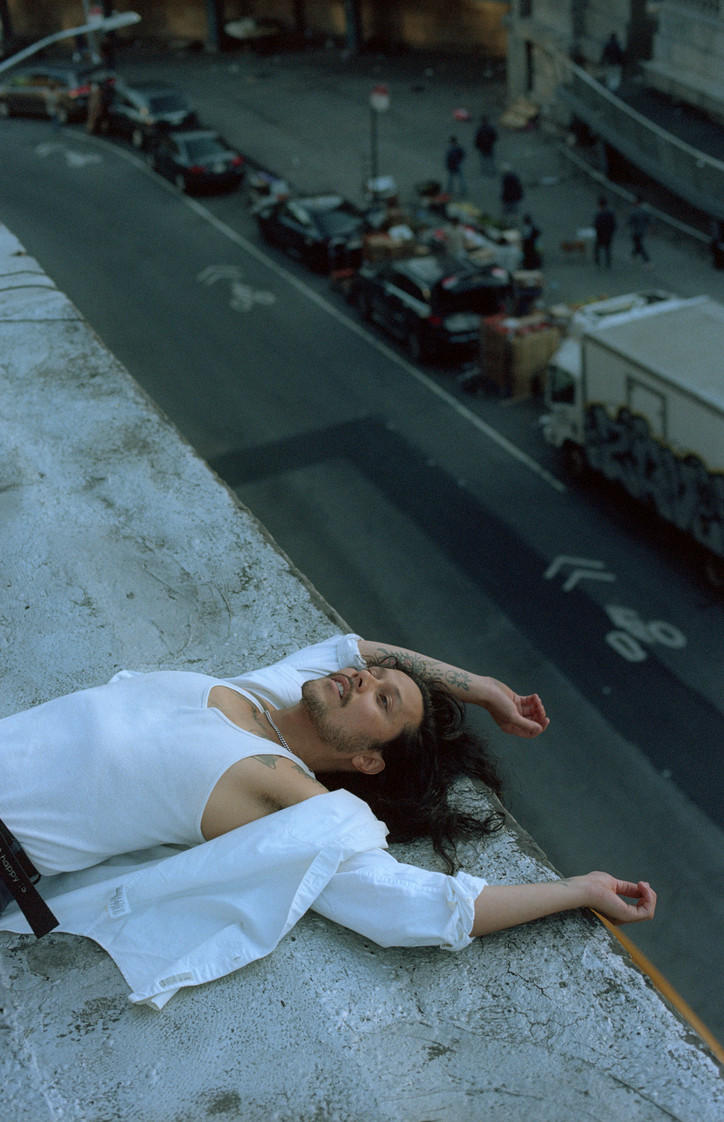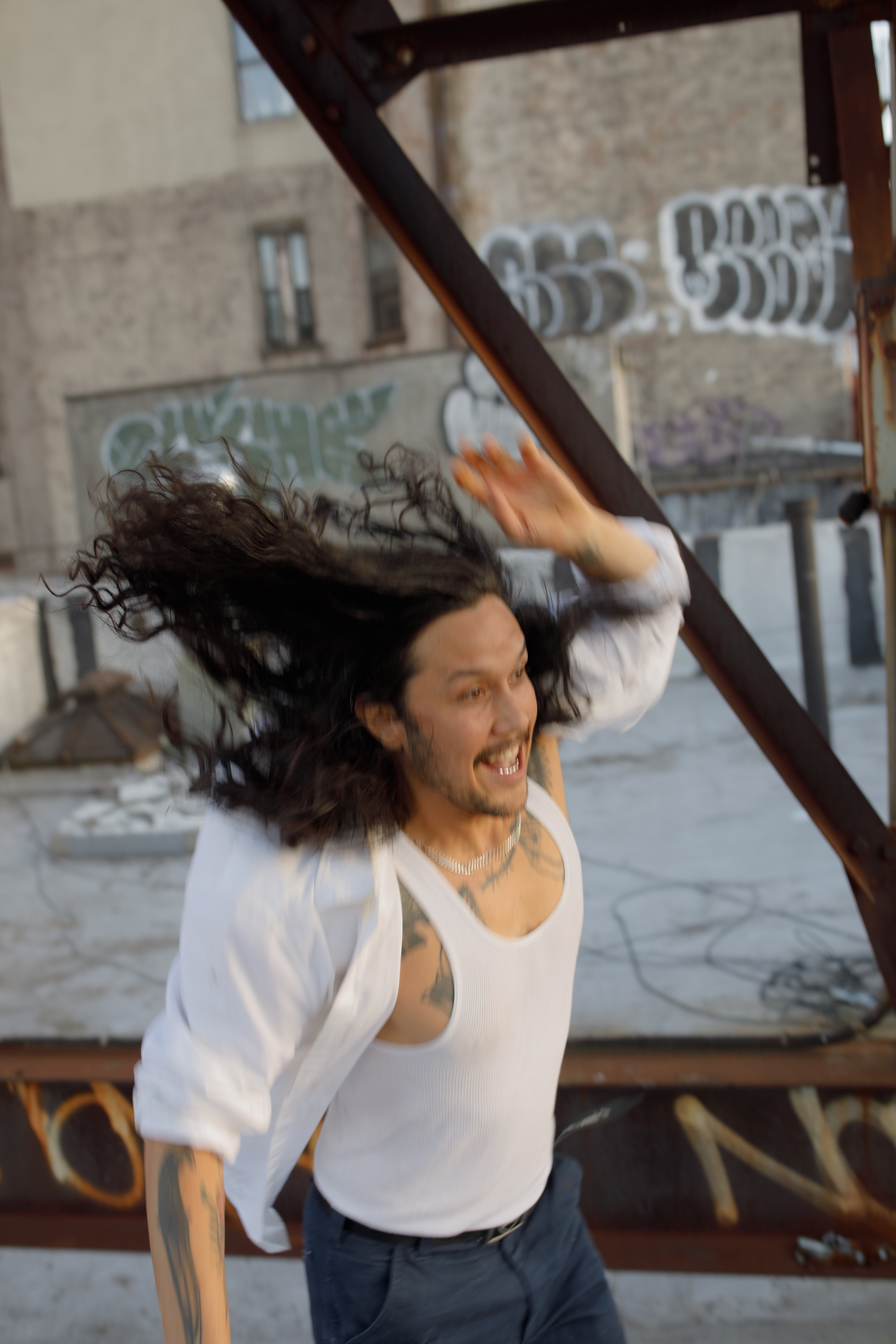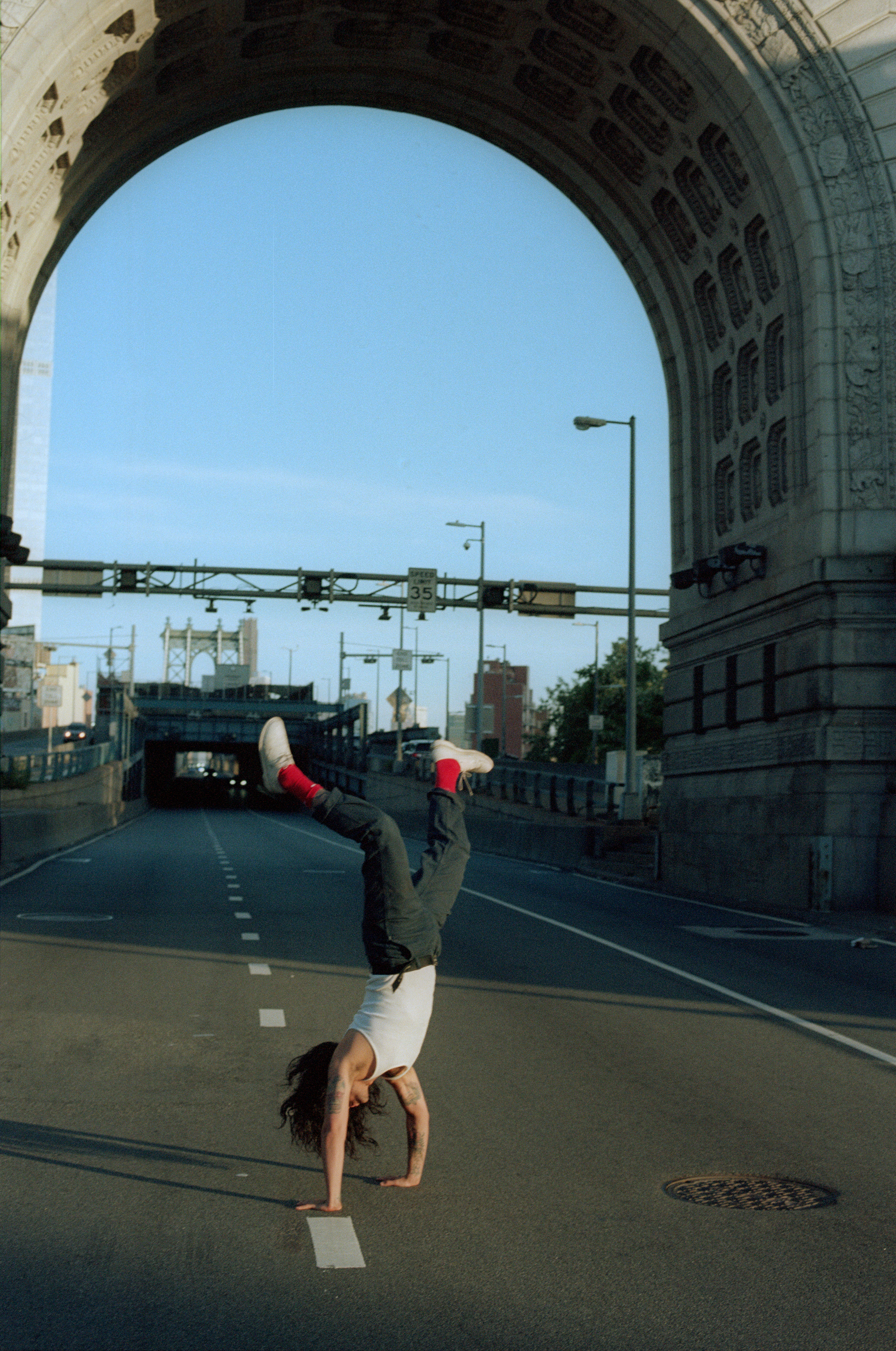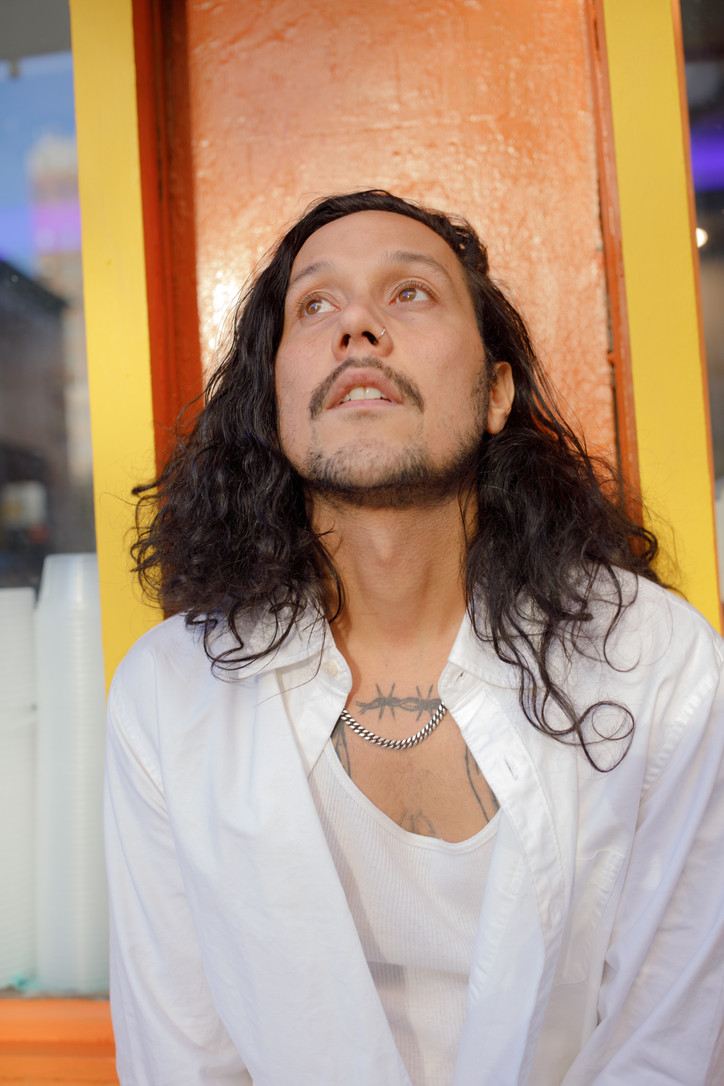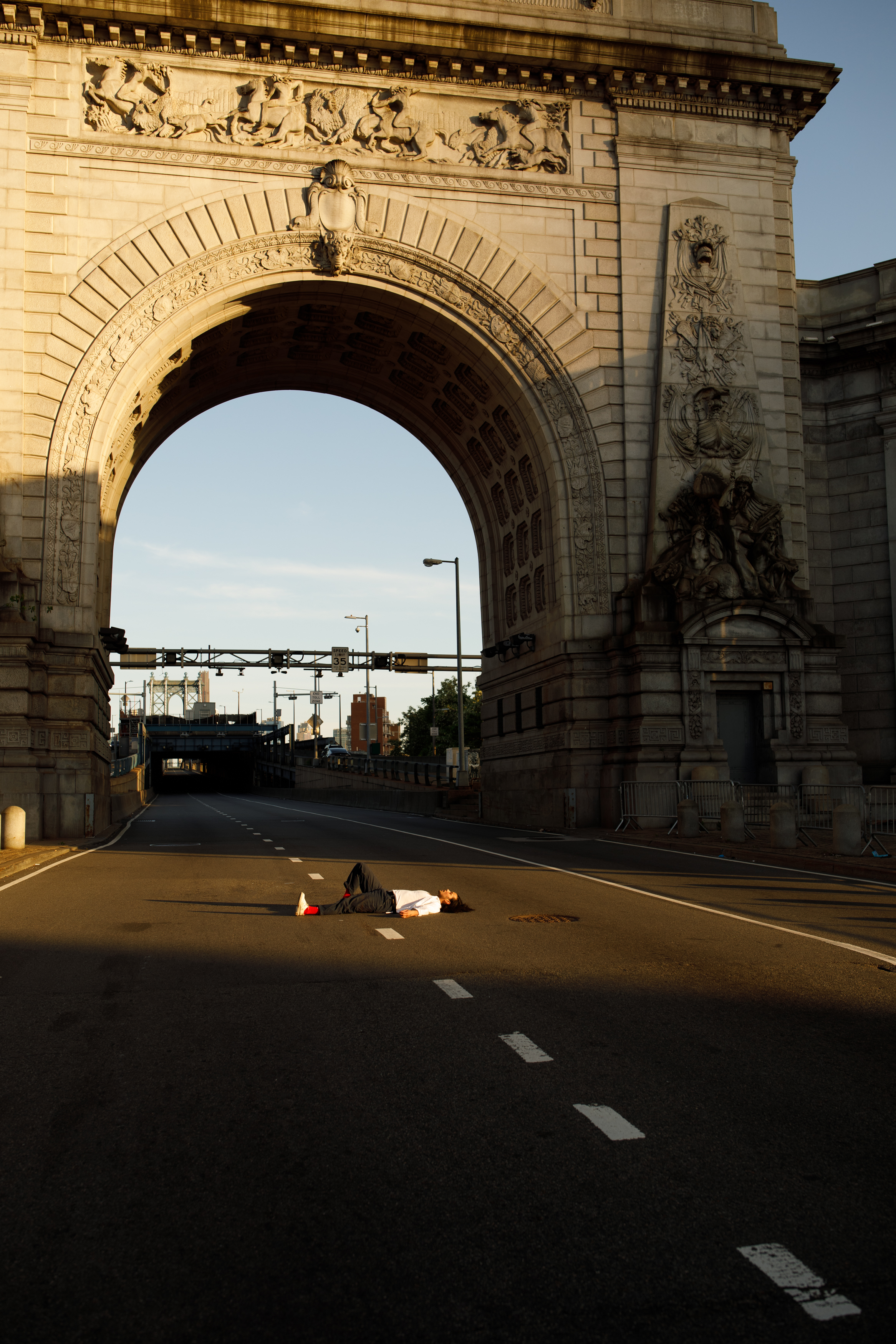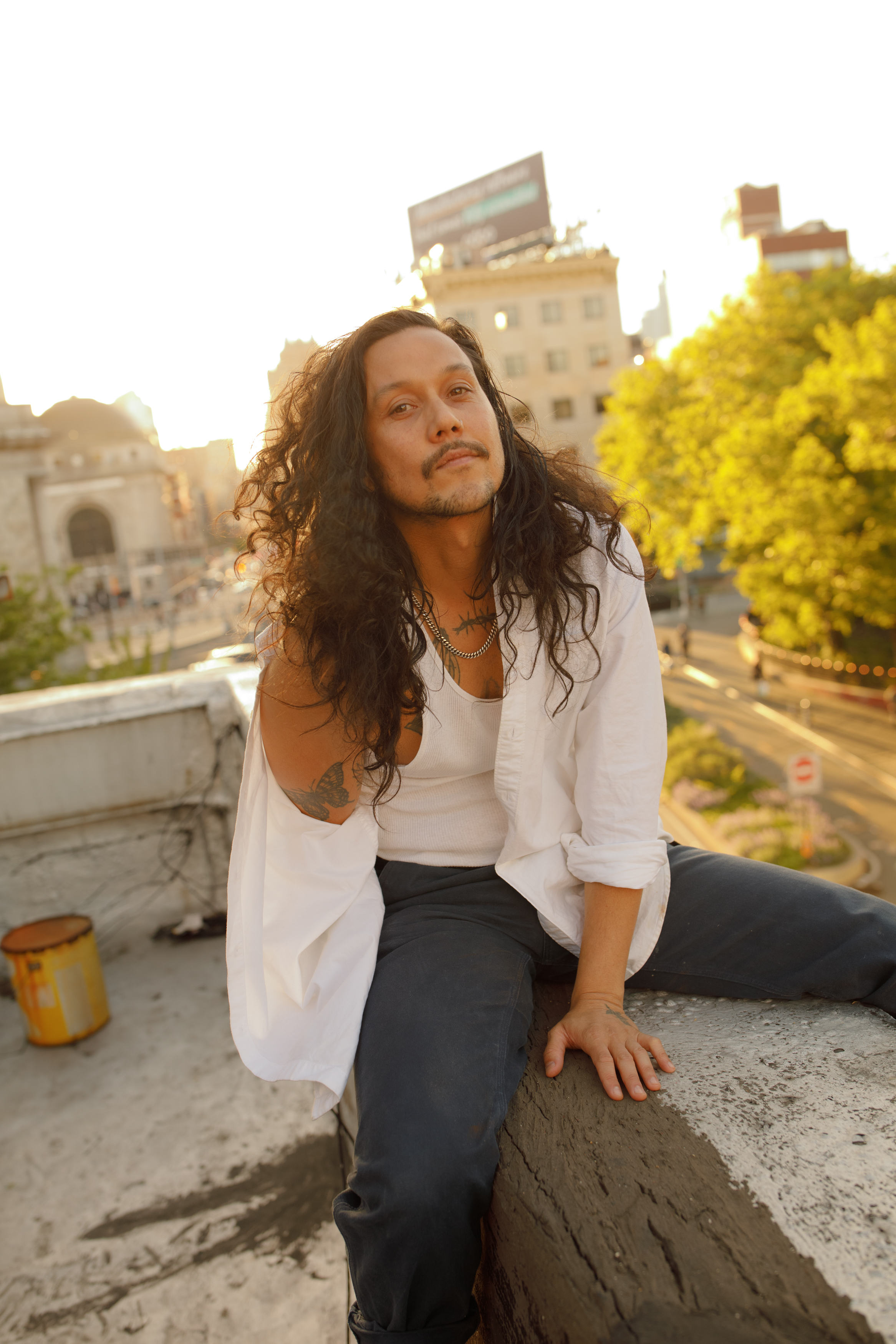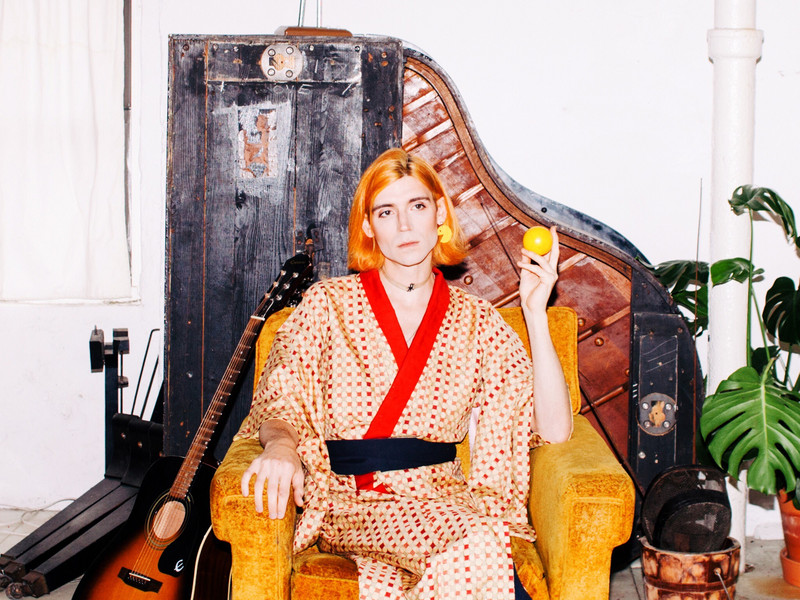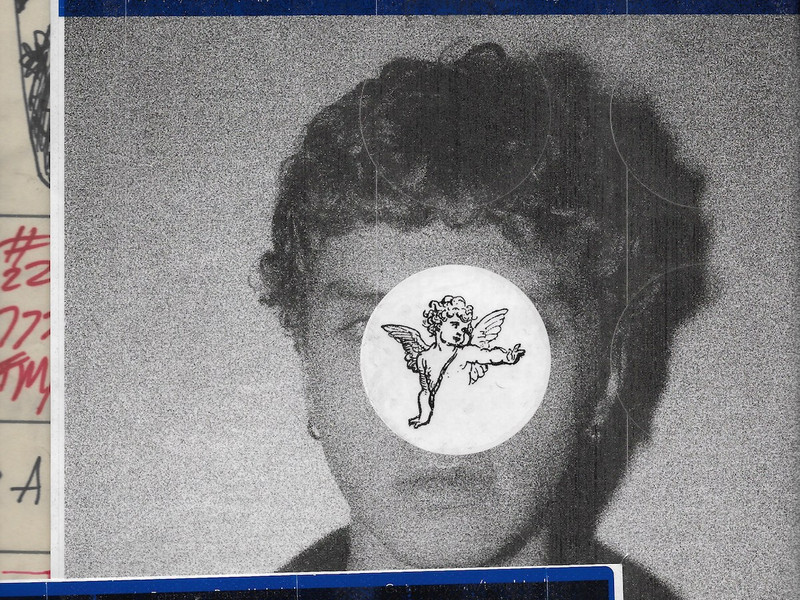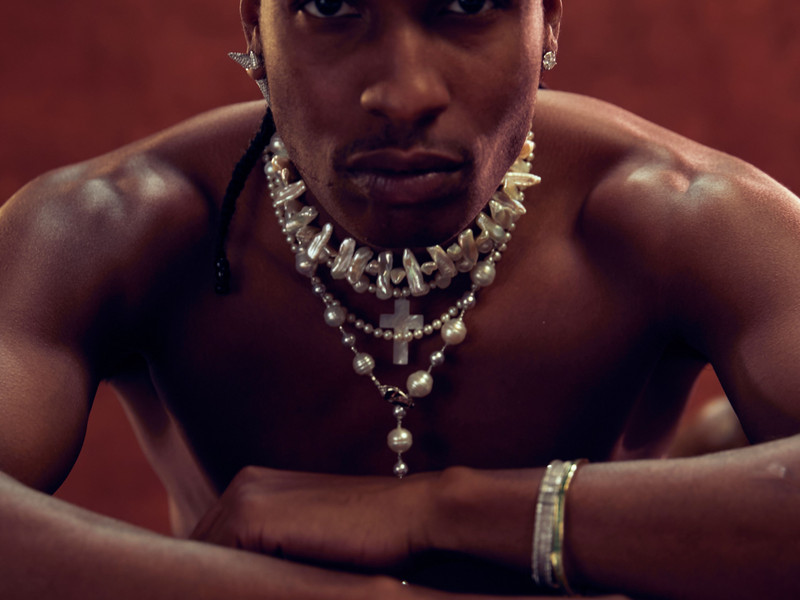I Think It's Over
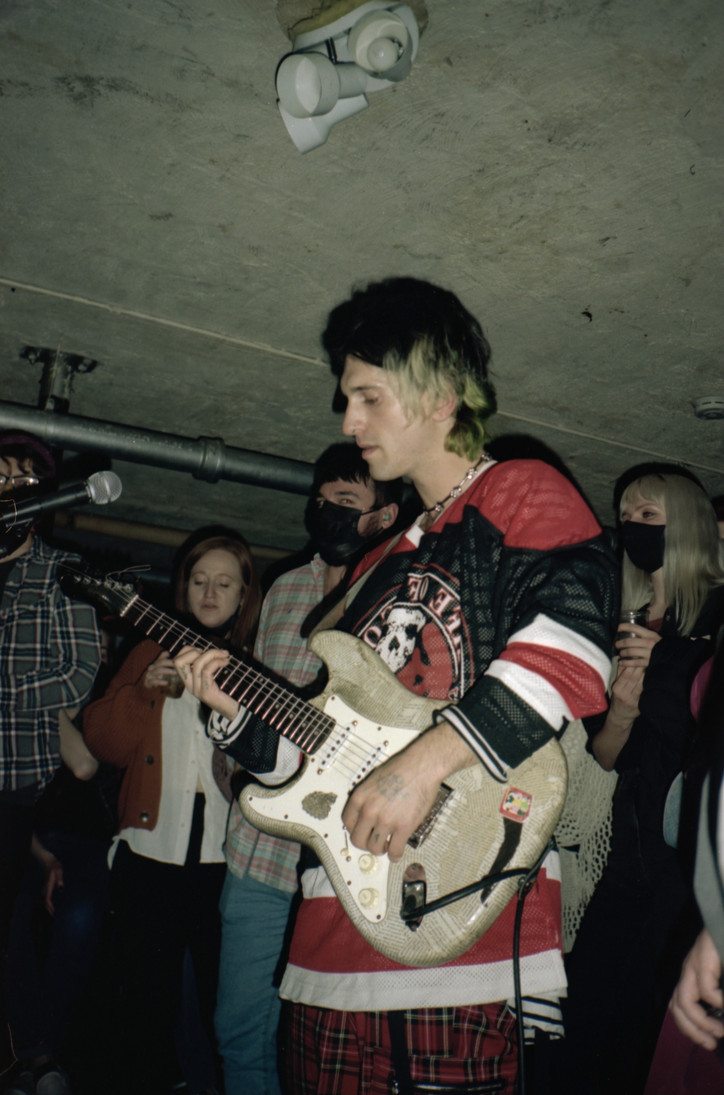
In youth and in art, we struggle with our experience of time, forgetting tragedy progresses in stages. Yet to feel life occurring alongside decay in our own bodies, we think ‘the end’ is indiscriminate, and all at once. And in the timeless spirit of Sturm und Drang, we make art.
‘I Think it’s Over’ is a bittersweet assemblage of the sounds and people that populate the DIY scene– an attempt at capturing a fleeting thought. The DIY scene inhabits a similar paradox, a constant network of expression and creativity, the DIY network of venues, hosts, fans, and artists is driven by and struggling against its ephemeral nature. ‘I Think it’s Over’ immortalizes its protagonists–Dulgarian, Hartzman, and their bandmates in interviews, ephemeral concert footage, and behind-the-scenes greenroom talk.
Capturing both the glamor and grit (and the lack of showers), ‘I Think It’s Over’ revives the feeling of the 90s grunge and shoegaze scene in the modern DIY worldwith candor, humor, and the occasional braggadocio.
Check out the documentary and our exclusive conversation with Wednesday, TAGABOW and Ben Turok below.
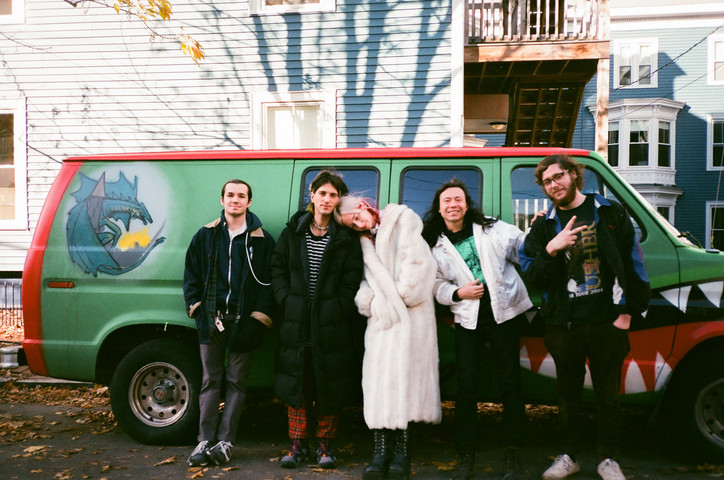
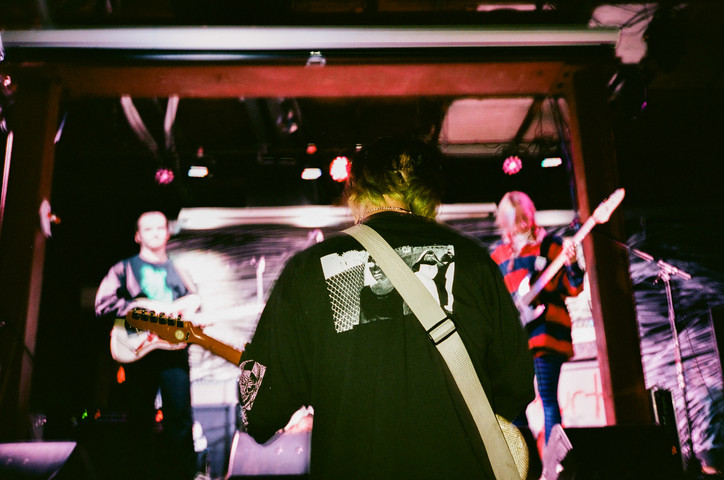
What are some of the key ingredients of a good DIY scene?
DD– I think is really interesting is you can really live anywhere and start a band. I know that's like really corny to say and be like, anybody can play guitar, but like for real? Like anybody can fucking play guitar. And sorry, I don't know, that's the whole thing about like, DIY. And I think that's like the power of the internet too is like, people are realizing like, you know, they're seeing bands like Wednesday or whatever. And they're like, Wow, I really love this. And they're realizing that they can fucking do it too, which is really cool. And you can I mean, anybody, I don't know, it's really, as far as like a DIY scene, though. I think the key ingredients would be like, kinda like spaces available bands. And people who care about it. You want a place where people are tapped in, where they know about the band that's coming through, and they're interested in the culture.
BT– I totally agree that it's very democratic when the scene is working. I'm not in a band, I can hang out with the band. And we just talk about music, and, you know, Karly, and I can just talk about some movies that we've watched or whatever. And then we just start hanging out. And you're like, “oh, you make movies. Let's make a movie.” You just need the community to be interested and work together in whatever ways they can.
KH– Yeah, I started getting involved with music through photography, because I didn't play music till my junior year of college. The DIY scene just made people feel like they can be involved in any way and that they'll be part of the scene and have passion around their local town and its music. There’s something for everyone. Like, ‘Hey you can take photos and hang with us” or “You can throw shows at your house and be a part of it.” It’s just really encouraging people to be involved.
What was the most meaningful tour stop for you?
DD– Playing the basement in Hardcore Stadium in Boston was really cool. That’s probably my favorite show. It’s just like a fabled hardcore venue and we played the downstairs which was really cool. I’ve videos of that fucking place forever and ever. So that was really cool for me.
KH– It’s funny that you brought up the Boston show because that night was so hard on me. I actually started taking meds after that tour, because I felt like I couldn’t do that. Our tour was so good, that my brain was like out of the happy chemical because it was just so rewarding. And then we sold out Boston, which I just couldn’t comprehend, I just didn’t have any like serotonin to experience what I wanted from it. So I cried on stage that night, because my cup was empty, like my brain cup. I was so angry because I just wanted to enjoy and I just so badly wanted to be excited about the show. So that was a really important moment for me.
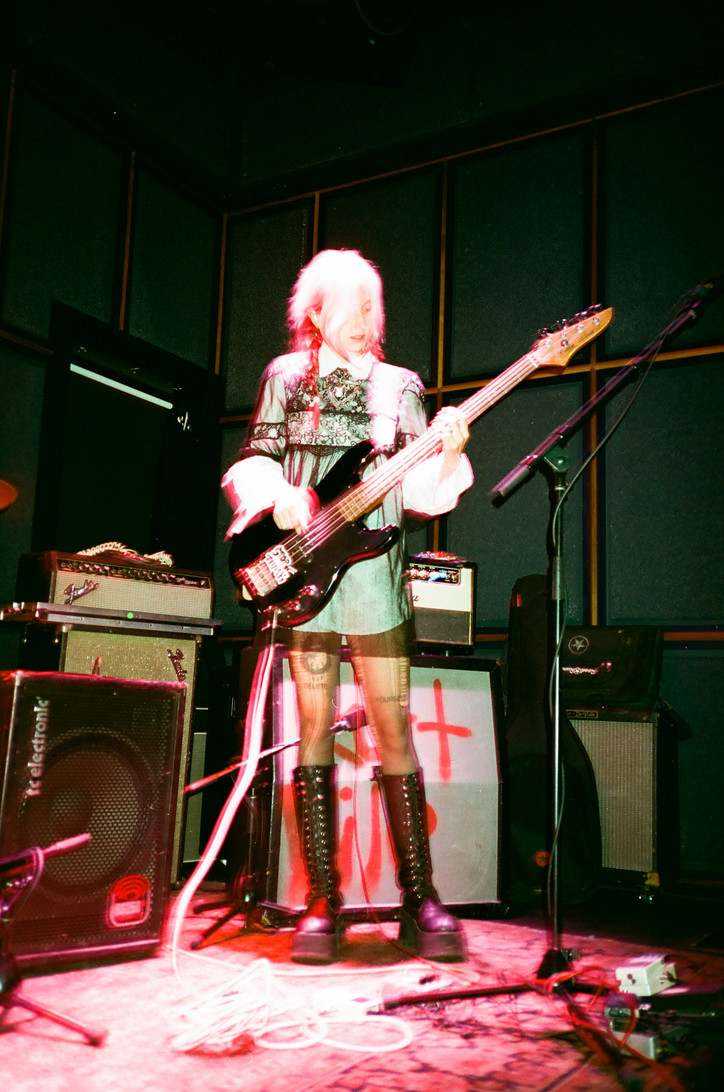
What is touring like for you?
DD– When it’s day one of tour that feels real and then every day after that it’s a performance. The first day is like yes I love this shit. I’m so glad to see these people. And the next day you’re like– and especially if you’ve been touring for a long time, you know the feeling is coming– and i don’t want to talk about it like it’s this horrible thing, because it really is truly beautiful and you get home and it’s so beautiful that when you do get home for five days after tour you still feel empty because you had so much fun. Like people joke about like post tour depression but that shit is too real. It’s so fucking real.
KH– Yeah, I don’t think people realize all of the components involved in DIY music. I think everybody sees the glamour of it or the fun of it but nobody really talks about how difficult it is. It’s so difficult dude. It requires so much work. And the majority of touring is like, gas stations and fucking highways, you know what I mean? And being in a van for six hours and that shit is crazy, and then you’re brought to this really crazy emotional high every night for 20 nights in a row and barely surviving and not having a lot of money to do it. You get to a point where its just grating, and that sucks because I always want to be around for other bands that are supporting us and getting to know the local bands. but sometimes you’re just so empty.
DD– Yeah, it’s always like everyone in the band has a different favorite show from that tour. It just depends on where you’re at emotionally that night or any given night. That affects how you interpret a show because someone’s favorite show if they had something happen that day is going to feel very different from someone else’s favorite show.
BT–I remember you being pretty excited after the New York show, Karly.
KH– Oh yeah. We were meeting our new label for the first time. And that was our second New York show that sold out, which I can’t believe any of that is happening still.
DD– Yeah, I always go under the assumption of like, if you play in New York and anybody cares about you. You should be thankful. Because they don’t care in New York City, because there are just so many more things going on. They just don’t fucking care.
KH– Yeah I was feeling that on this tour a lot. I think the stuff that is just the most soul-sucking for me is when the kind of venues you’re playing, and you see this in the documentary, you just roll up to the venue and have to hang at the venue just in the main area because there’s no space to be and like the first people start showing up and the performance starts there because people want to talk to you immediately. And you perform still for the hour after doors just playing as a person and then you perform your set on stage and selling merch you have to perform your personality and then you go with some kids that are letting you stay at their house and you’re still performing because they want ot hang with you. And a lot of musicians are introverts and need that solitude.
Ben, from the crowd, what was your favorite show?
BT– I really liked how the music sounded in Boston. I think just being in that kind of underground, grungy environment, the tones sound how you want them to, and I don’t know, when someone is performing and experiencing something completely real and you’re watching as an audience member. There’s something really powerful about someone sharing that space. I know, maybe Karly didn’t choose to do that. But just someone being so vulnerable. That blew me away. And I remember talking to you after and you saying you felt kind of weird about it. But, I don’t know if that’s necessarily a bad thing. I think it’s maybe good for people to understand that this shit is hard, you know?
The documentary was framed within an apocalypse narrative, what do you think the importance of the end of the world is to youth culture?
DD– I was just trolling. I feel like everything I said to Ben that he put into the movie was just me fucking around. KH– Yeah, I feel like you’re rolling because it’s just funny. It’s just hard to think about global issues when you’re just trying to get through the day-to-day. But I feel like that’s our whole generation is doing that. It’s just something to survive the night.
BT– I think I inspired that vibe, because I think something that is resonating a little bit about all this music is like the music isn’t the same all the time, and it’s existing online in one way. It’s circulating in the same conversation, all these different bands and something about that is generally a bit melancholic to be. So I came at you guys asking questions like that.
KH– I think a lot of that feeling, like with anything right now, is just the spirit that Doug was hinting at by making jokes, that there’s kind of no point even making music right now. But we’re doing it anyway. Like, yeah, it could all be over so soon.
DD– What is worth it to me, and what I want to convey in my music is that like, I’m aware that, as someone who makes this music, that it’s also pointless. You know, I really wish I could do something to stop climate change. But I’m one person making some stupid music, playing basements. You know what I mean?
BH– I have to kind of disagree with you guys. Both of you have done a lot to raise money for abortion funds right now, which is something that means a lot to me, both of my parents work in that space. So that’s another thing about DIY music, there’s this very community-based component. People really get a lot out of this. It provides a lot of relief.
KH– In music there’s like a line you hit where you start making money and then you’re making a lot of money because your fan base grows really big. I honestly think that donating a portion of your proceeds is the least everyone should be doing. I think everyone that’s in the position to, if they’re not donating, it’s like kind of fucked up because the money is there. Where’s that going? It’s the bare minimum in my opinion.
It’s also interesting seeing the internet amplifying this feeling of doom. The documentary talks a bit about the 90s resurgence. Do you feel like the sound of shoegaze has amplified or shifted that feeling?
KH– I think the access that people have for us to blend shoegaze with like, country music, and just having access to every song in the world. You can research music history. It makes it easier to take on influence and not be a worship band. To go one step further and make it your own.
DD– We are a worship band.
Of who?
DD– We’re a Blue Smiley worship band for sure.
KH– That’s a really good answer. They’re so important. If we had to be a worship band, it’d probably just be, I don't even know, probably Swirlies or something because they do some crazy shit. But, I’m not good enough. Which is good because it keeps me humble, makes me make up for that in other ways.
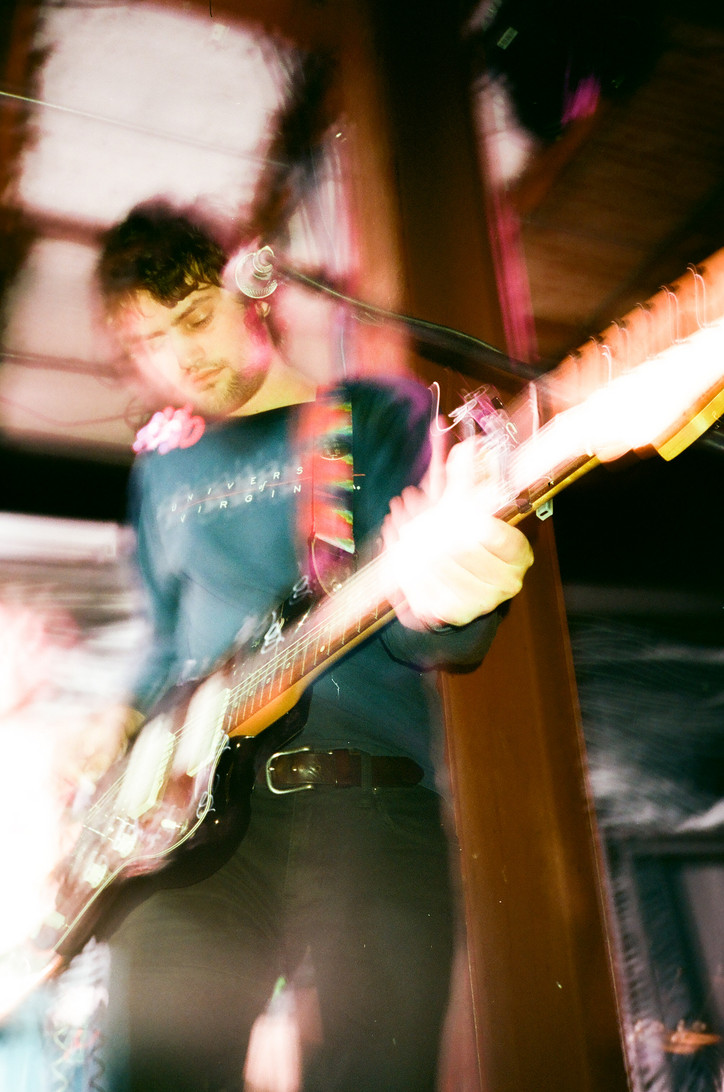
What would you want the last song you hear to be, if the world was ending?
DD– ‘They Burned Down Dairy Queen’ by Wednesday.
KH– Oh my god, Douglas! My first is ‘Till the World Ends’ Britney Spears. Then, on the brink of death, ‘french’ by TAGABOW.
BT– ‘I Know It’s Over’ by the Smiths, for me.
And your last words?
DD– "I fucking told you." I said it, go check the documentary.
KH– Oh god, Doug. I know this is basic, but I’d want to be with my parents. I just saw them like a day ago, but I want to be with my parents all the time. I’m like a baby.
BT– I was gonna say my last words would be: "Love you, Mom."
